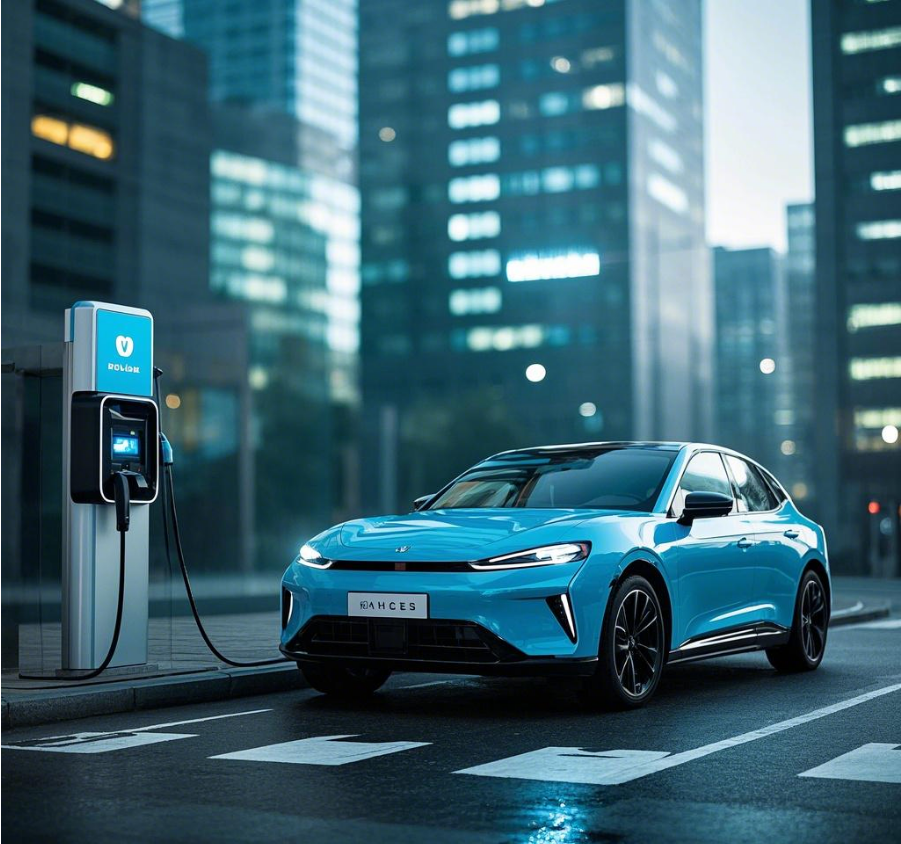Trends in the New Energy Vehicle Market in 2025
One major trend is the continuous improvement in battery technology. With advancements in energy density and charging speed, new energy vehicles will offer longer driving ranges and shorter charging times, addressing one of the key concerns of consumers. This will make electric vehicles more practical and convenient for daily use.

Another trend is the increasing popularity of autonomous driving features in new energy vehicles. As technology continues to evolve, we can expect more advanced driver-assistance systems and even fully autonomous driving capabilities. This will not only enhance safety but also provide a more comfortable and efficient driving experience.

In addition, the market for hybrid and plug-in hybrid vehicles is also expected to grow. These models offer a compromise between pure electric and traditional internal combustion engine vehicles, providing the benefits of both electric power and extended driving range when needed.
Moreover, governments around the world are likely to continue to implement supportive policies for new energy vehicles, such as subsidies, tax incentives, and stricter emissions regulations. This will further drive the adoption of new energy vehicles and accelerate the transition to a more sustainable transportation future.

As the new energy vehicle market continues to evolve, it presents exciting opportunities for automakers, technology companies, and consumers alike. With innovation and collaboration, we can look forward to a cleaner and more efficient transportation ecosystem in 2025 and beyond.